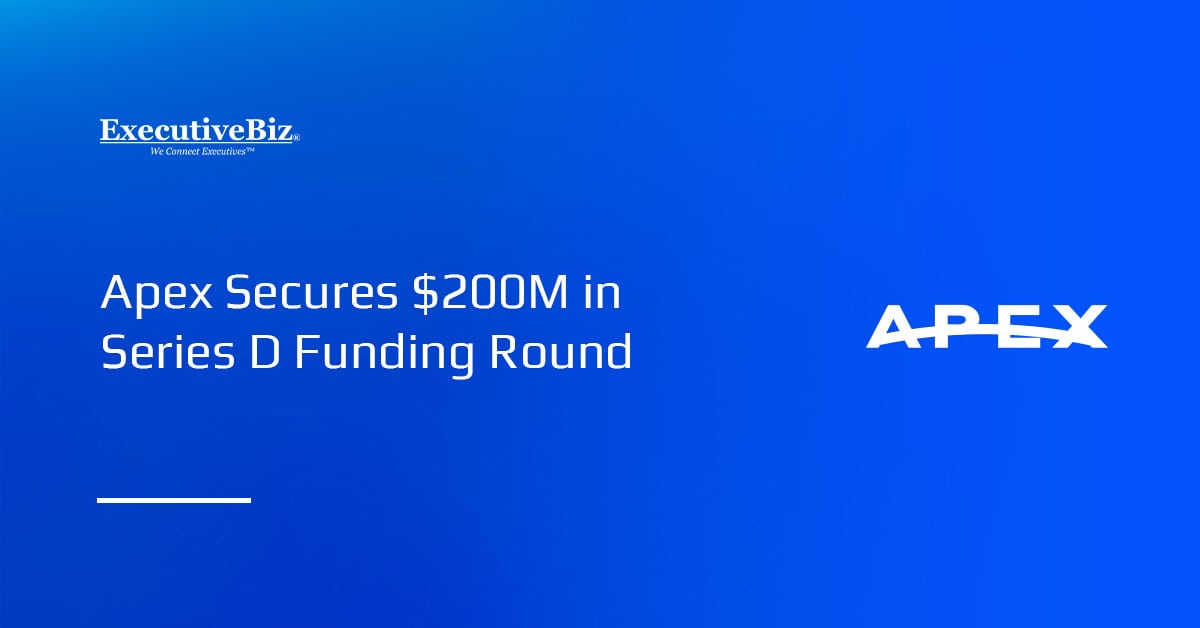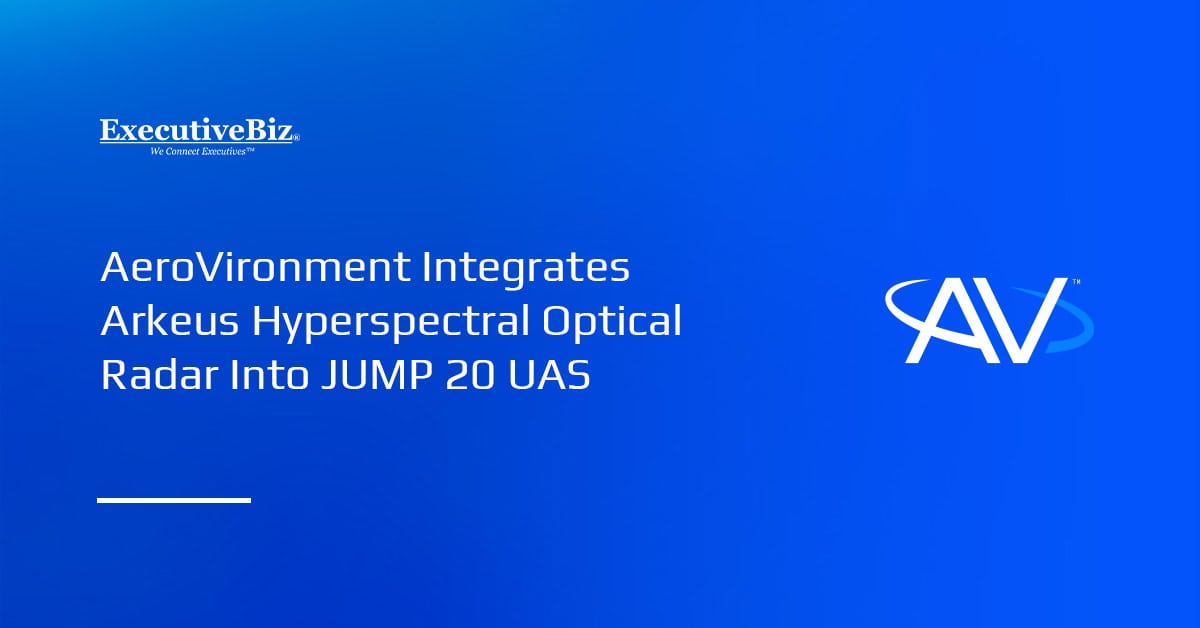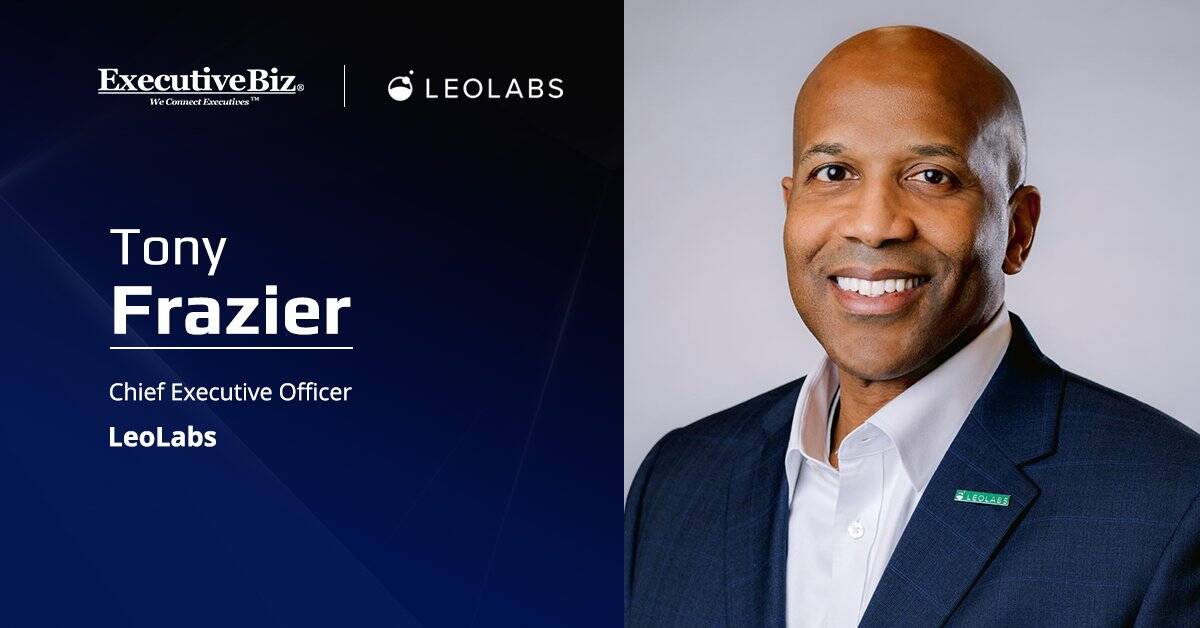Los Angeles-based spacecraft manufacturer Apex raised $200 million in its Series D financing round led by technology investment company Interlagos.
Apex said Friday the latest funding round brings its valuation to over $1 billion and reflects strong customer demand for large-scale constellations in low Earth orbit.
Supporting Government Customers Building Next-Gen Satellite Constellations
“From day one, Apex has been about rapidly scaling satellite production to support future constellations,” said Ian Cinnamon, co-founder and CEO of Apex.
“This new funding allows us to do exactly that—expanding our production capacity to better serve our government and commercial partners as they deploy spacecraft at scale. Whether supporting a global connectivity network or a critical national security mission like Golden Dome, Apex is ready to deliver reliable, rapidly deployable spacecraft that make these constellations possible,” added Cinnamon.
Achal Upadhyaya, founder and CEO of Interlagos, said Apex is architecting a platform for customers working on proliferated constellations.
“Apex’s focus on production rate and scale is critical for both national security missions and high-performance commercial constellations. Our partnership with Apex started nearly 3 years ago—leading this Series D today enables us to further accelerate the business as the company expands its technical and commercial capabilities globally,” added Upadhyaya.
Apex’s Production Capacity Expansion
Apex has signed a lease for a new 55,000-square-foot facility to expand its Factory One footprint and production capacity.
“With over 100,000 square feet of total space, the expansion will accelerate spacecraft production by 50 percent while also providing room for research and development, vertical integration of strategic components, and expanded mission services and payload integration,” said Maximilian Benassi, chief technology officer and co-founder of Apex.
Apex recently closed its purchase of Phase Four’s Hall-effect Thruster technology, allowing it to speed up the production of its in-house propulsion system.
In April, the spacecraft developer raised $200 million in a Series C funding round, providing capital to advance the development of satellite bus platforms GEO Aries, Nova and Comet.





